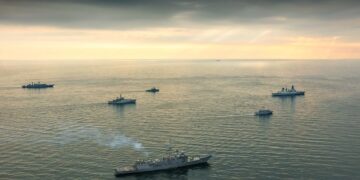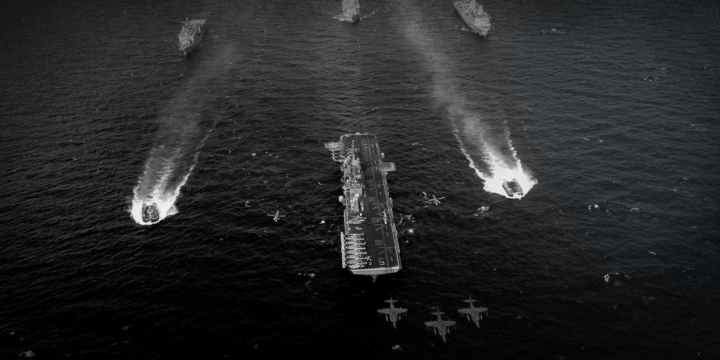April 3, 2019
NATO’s first 40 years were a success—its 30-year post-Cold War record is not
FOR IMMEDIATE RELEASE:
April 3, 2019
Contact: press@defensepriorities.org
WASHINGTON, DC—NATO, a Cold War military alliance formed to protect western Europe, and thereby the United States, from the threat posed by the Soviet Union, turns 70 today. With NATO foreign ministers meeting in Washington to mark the alliance’s anniversary, questions about the future of the alliance are front and center.
Defense Priorities Policy Director Benjamin H. Friedman issued the following statement about the serious, foundational challenges NATO must confront if it wants to sustain buy-in from its benefactors, the American people:
“Those who claim there is a NATO crisis brought on by President Trump’s hostility, Vladimir Putin’s machinations, and insufficient spending on the continent are wrong. NATO is ailing under the weight of over-expansion to include weak states; insufficient common interests undergirding the alliance; European over-dependence on U.S. security guarantees; and lack of a serious conventional threat to Europe.
“The Soviet Union’s collapse took away NATO’s raison d’être. But instead of shifting responsibility to our now rich and capable allies facing little threat, Washington confused NATO for a U.S. interest, rather than the means to secure our interests.
“Twenty-two of the 28 non-U.S. NATO members spend less than they pledge to on defense because of Europe’s safety and permanent U.S. security guarantees. For that to change, the United States should do less to defend Europe and shift burdens to our allies, rather than just lecture Europeans about burden-sharing. There should be a clear understanding that Europe defends with U.S. help, rather than we defend with their help. The ‘Four 30s’ initiative is a start.
“Somewhere along the way, Washington’s aim switched to keeping Europe dependent so that it could not practice geopolitics independent of U.S. tutelage. That mistake made the alliance into a permanent subsidy that Americans pay to Europeans and undercuts its collective power.
“A good first step to reduce Europe’s dependence and push allies to do more is to end the European Deterrence Initiative, an unnecessary, new commitment to something U.S taxpayers already over-provide. NATO is Europe’s deterrence initiative.
“Europeans should develop more military capability independent of U.S. power. That would strengthen NATO and produce no less security with less reliance on U.S. taxpayer dollars.”
More on Europe

July 2, 2025

Featuring Jennifer Kavanagh
June 24, 2025

June 16, 2025
Events on NATO






